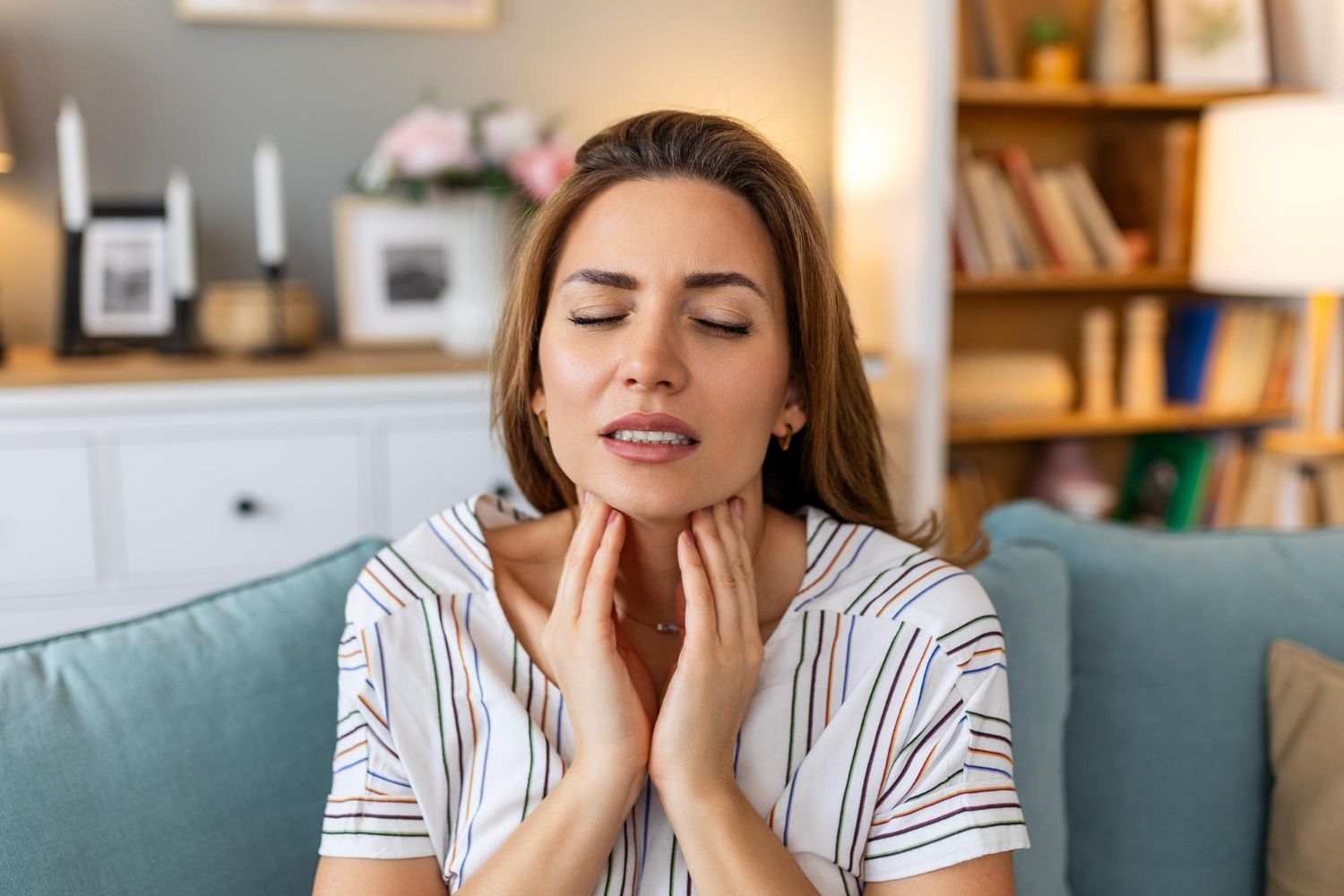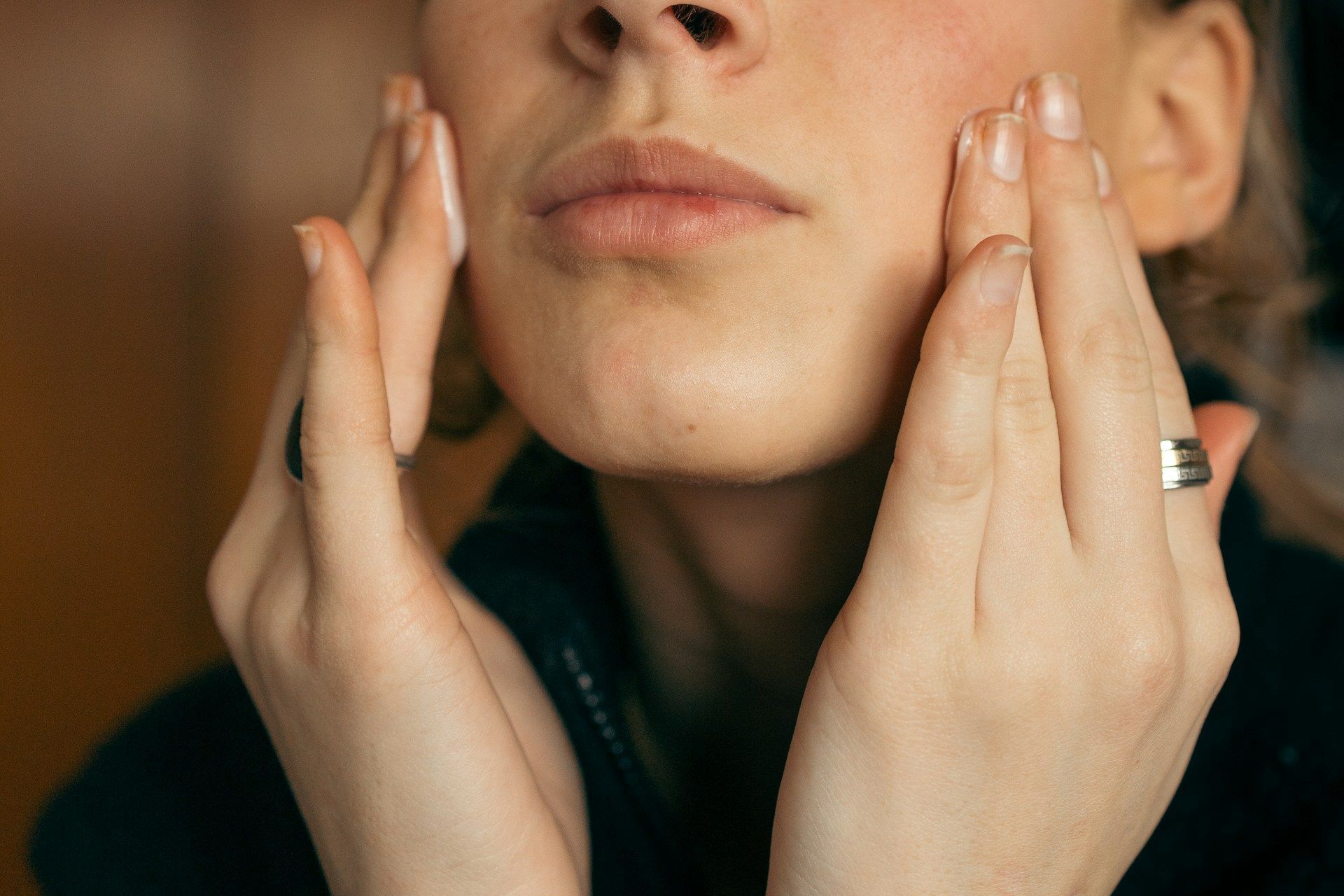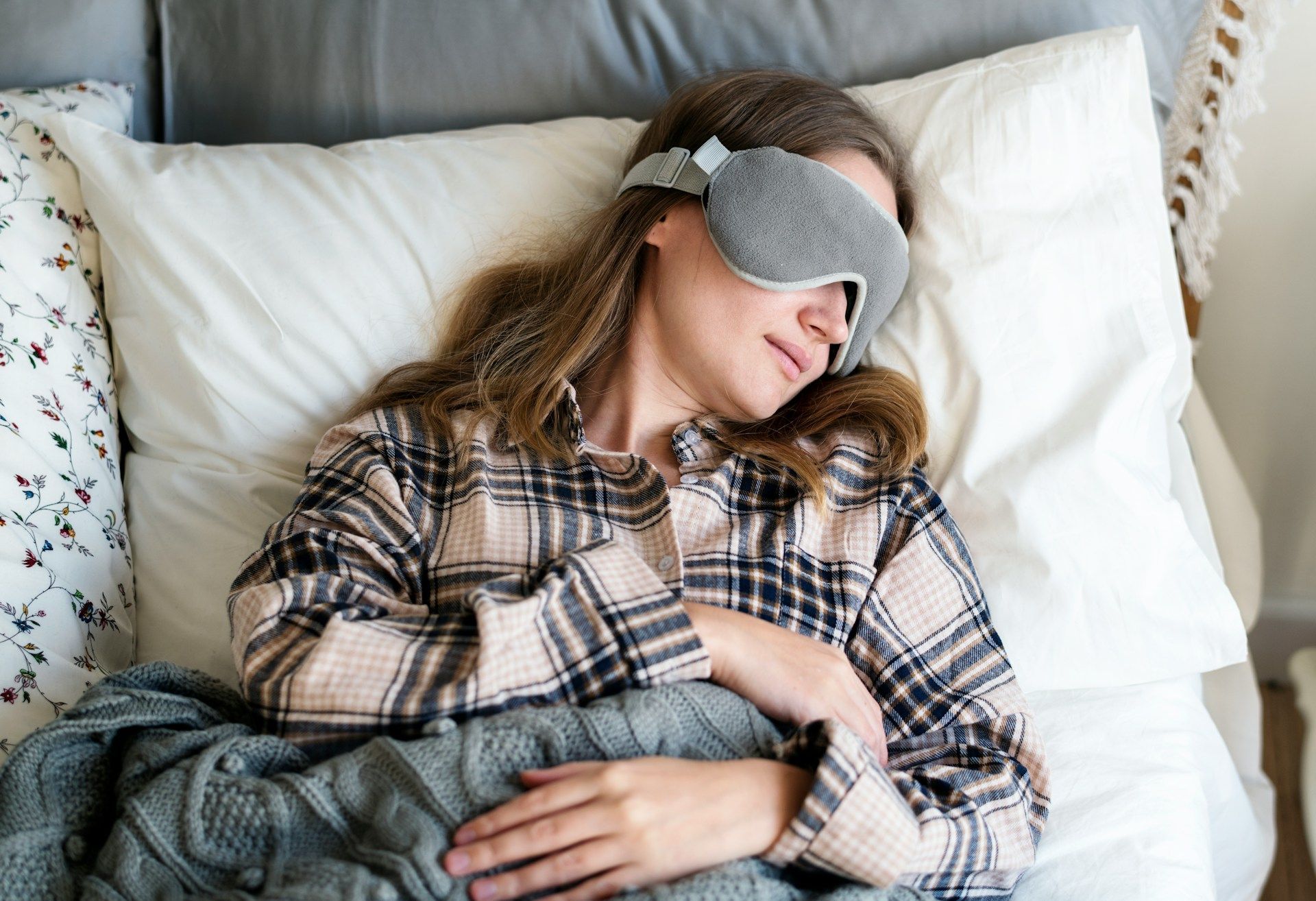The Connection Between Sleep Apnea and Oral Health: Insights from The Center For Sleep Apnea and TMJ in Meridian

You may not realize it, but there's a fascinating link between your sleep patterns and your oral health. It's a connection that the experts at the Center for Sleep Apnea and TMJ in Meridian have spent years studying, and their findings are genuinely eye-opening.
It's all about sleep apnea, a common but often undiagnosed sleep disorder that can have serious health consequences if left untreated. People with sleep apnea experience repeated interruptions in their breathing while they sleep, leading to poor sleep quality and a host of other problems. But what's this got to do with your mouth? Quite a bit, as it turns out.
As the experts at the Center for Sleep Apnea and TMJ in Meridian will tell you, many signs and symptoms of sleep apnea manifest in the mouth and jaw. From tooth grinding to dry mouth and even changes in the shape of your palate, there are many oral health clues that could point to sleep apnea.
How Poor Oral Health Contributes to Sleep Apnea
The connection between sleep apnea and oral health is multifaceted, with poor oral health being a significant contributing factor to sleep apnea. Some common oral health issues linked to sleep apnea include:
1. Dental Malocclusion: Crooked, misaligned teeth or an uneven bite can directly impact the airway, making it more difficult to breathe during sleep. This increases the likelihood of sleep apnea, as well as snoring.
2. Restricted Airway Size: Those with smaller airways often have narrower upper arches, a contributing factor to the development of sleep apnea. In addition, larger tongues and tonsils can partially block the airway, making it difficult for air to flow freely.
3. Mouth Breathing and Dry Mouth: Sleep apnea sufferers often resort to mouth breathing due to the airway obstruction, which can result in dry mouth. A lack of saliva increases the risk of tooth decay, gum disease, and other oral health problems.
The Impact of Sleep Apnea on Oral Health
Sleep apnea can also have a lasting impact on oral health, leading to various dental issues. These issues include:
1. Bruxism: Sleep apnea is often linked to teeth grinding, also known as bruxism. This behavior can lead to tooth wear, damage to dental restorations, and even tooth loss.
2. Gum Disease: The chronic inflammation associated with sleep apnea can increase the risk of developing gum disease, also known as periodontitis. Gum disease contributes to tooth loss and may also exacerbate sleep apnea symptoms.
3. Tooth Decay: As mentioned earlier, sleep apnea can cause dry mouth, which contributes to tooth decay. A lack of saliva allows bacteria to thrive, leading to cavity formation and other oral health problems.
4. Temporomandibular Joint Disorders (TMJ): Sleep apnea sufferers may develop TMJ disorders due to jaw clenching or grinding during sleep. Improper jaw alignment can result in pain, discomfort, and dysfunction of the temporomandibular joint.
Addressing Sleep Apnea and Its Oral Health Consequences
It is crucial to manage sleep apnea and its oral health consequences with a comprehensive treatment approach. Some effective strategies include:
1. Oral Appliances: Custom oral appliances can help treat both sleep apnea and its related oral health issues. By repositioning the jaw or tongue, these devices help keep the airway open during sleep, reducing sleep apnea symptoms and the risk of teeth grinding.
2. Continuous Positive Airway Pressure (CPAP) Therapy: CPAP machines deliver a continuous flow of air through a mask, keeping the airway open during sleep and effectively treating sleep apnea. Managing sleep apnea with CPAP therapy can also reduce teeth grinding and alleviate TMJ symptoms.
3. Orthodontic Treatment: If dental malocclusion is contributing to sleep apnea, orthodontic treatments, such as braces or clear aligners, can effectively address the issue. Proper tooth alignment improves airway size, making it easier to breathe during sleep.
4. Proper Oral Hygiene: Sleep apnea sufferers should prioritize their oral hygiene routine, including regular teeth brushing, flossing, and mouth rinsing. These steps help minimize tooth decay and gum disease linked to sleep apnea.
5. Regular Dental Checkups: Regular dental checkups and cleanings are essential for maintaining optimal oral health. Routine dental visits can help your dentist identify issues related to sleep apnea, recommend treatments, and monitor progress.
The Importance of Seeking Comprehensive Treatment at The Center For Sleep Apnea and TMJ
A comprehensive approach to both sleep apnea and oral health is essential to achieving overall wellness. The Center For Sleep Apnea and TMJ is dedicated to providing tailored solutions to address sleep apnea and related oral health complications. Our skilled team of professionals uses advanced treatment methods and state-of-the-art technology for effective results.
Our commitment to patient education and prevention ensures that sleep apnea sufferers understand the importance of addressing their sleep disorder and maintaining the highest standards of oral hygiene. By integrating sleep apnea management and oral healthcare, we can make a lasting, positive impact on each patient's quality of life.
Exploring the Labyrinth of Sleep Apnea and Its Impact on Oral Health
If you suspect that your sleep apnea may be affecting your oral health, do not hesitate to reach out to The Center For Sleep Apnea and TMJ. Our
sleep apnea doctors in Meridian are here to provide the expert care and cutting-edge treatment options needed to tackle both sleep apnea and oral health concerns. Take control of your sleep and oral well-being by booking a consultation with our specialists today!
Contact Us
The Center for Sleep Apnea & TMJ
1718 S Millennium Way, Meridian, ID 83642
Phone: (208) 376-3600
Fax: (208) 376-3616
All Rights Reserved
The Center for Sleep Apnea & TMJ
All Rights Reserved - Accessibility Statement
The Center for Sleep Apnea & TMJ










